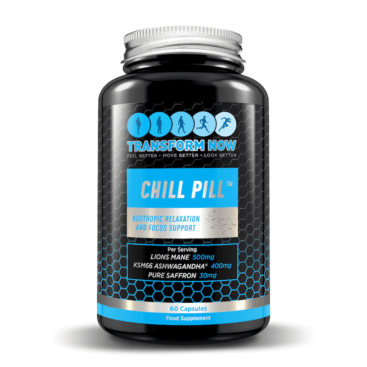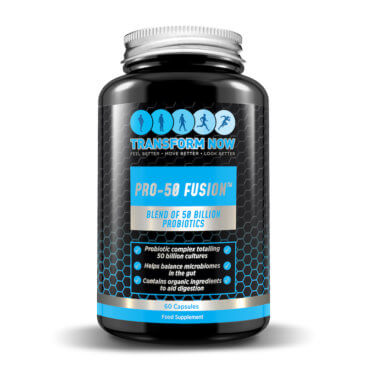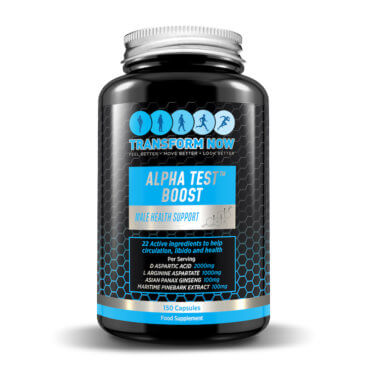Vitamin D’s job is to regulate the level of calcium and phosphate in the body. It does this by controlling how much is absorbed in the gut and taken up by the different parts of the body, including muscle, teeth and bone. As a result, Vitamin D deficiency causes muscle weakness, tiredness and bone pain. In extreme cases, a lack of vitamin D can impair bone growth, causing diseases of brittle or painful bones, such as Rickets in children and osteomalacia in adults.
Most of our vitamin D is produced in our skin. Sunlight plays a key role in activating vitamin D, hence its nickname “the sunshine vitamin”. Unfortunately, the winter sun is not great at making vitamin D (it does not contain enough ultraviolet B radiation), and sunlight through a window does not work either. The best way to get vitamin D from the sun is to expose your skin to the summer sun. If you spend a lot of time in the sun, remember to take the necessary precautions to protect your skin from sun damage!
We can also get vitamin D from oily fish (mackerel, herring, salmon, sardines), red meat, eggs and certain foods (breakfast cereals, formula milk) that have added vitamin D.
Most of us will have heard that vitamin D is good for our bones. However, very few actually understand the impact of low vitamin D levels and how they can affect our mood and well-being.
It is well documented that a lack of vitamin D can affect the immune system, cause fatigue and body pains as well reduce bone density. During COVID, many studies indicated that a lack of vitamin D would increase the risk of catching the virus.
Further, for males, research has demonstrated that low levels of vitamin D may contribute to low levels of testosterone. This essential nutrient is required for many of the main processes of the body and assists the body in its ability to absorb other minerals. Vitamin D is an important component in maintaining your general health and well-being.
Certain groups are more at risk of a Vitamin D deficiency, such as the South Asian population and people with specific dietary plans.
The Benefits of Vitamin D:
- Regulating calcium metabolism.
- Regulating calcification of the bones.
- Regulating the body’s use of phosphorus (a mineral that is important for bone structure).
- Increasing the absorption of calcium from the gut.
- Decreased excretion from the kidneys.
- Assists with depositing minerals into the teeth.
- Maintains healthy blood levels of calcium and phosphorus.
- Helps maintain the nervous system, heart function and normal blood clotting.
There are times when we are not receiving enough Vitamin D naturally, like in the winter or on a rainy day. This is when we will start to experience a lack of Vitamin D and need to find another source.
Who Gets Vitamin D Deficiency?
There are certain groups of people who are at a higher risk of vitamin D deficiency:
- The elderly (skin thins as we age, reducing its ability to make vitamin D)
- People with darker skin (dark skin needs more sunlight to make the same amount of vitamin D as paler skin)
- People with reduced skin exposure to sunlight (such as those who spend a lot of time indoors or those who cover a large proportion of their body)
- Pregnant or breastfeeding women
- People with certain diseases (such as Crohn’s disease, coeliac disease, kidney disease)
- People taking certain medications (such as carbamazepine, phenytoin, primidone)
- People on strict vegetarian or vegan diets
And sometimes, for unknown reasons, people without any risk factors are deficient in vitamin D! These can be evaluated along with any other Vitamin Deficiency by a GP.
Warnings and Precautions
Talk to your doctor or nurse before being given vitamin D if you:
- Are allergic to ergocalciferol (vitamin D)
- Have high levels of calcium in your blood
- Have heart disease, problems with your kidneys or with your circulation
- Have kidney stones
- Have low levels of parathyroid hormone (PTH)
- Already have high levels of vitamin D in your blood or if you are especially sensitive to vitamin D.
It is important that you are taking enough calcium in your diet so that your body can respond properly to your medicine.
What Happens if You Have Too Much Vitamin D?
While it is not possible to get too much vitamin D from sunlight, very high doses of vitamin D supplements can cause the calcium levels in the blood to be too high. This can cause nausea and vomiting, headaches, thirst and passing a lot of urine. If you are taking vitamin D supplements and experience these symptoms, then we recommend you speak to your GP as soon as possible!






